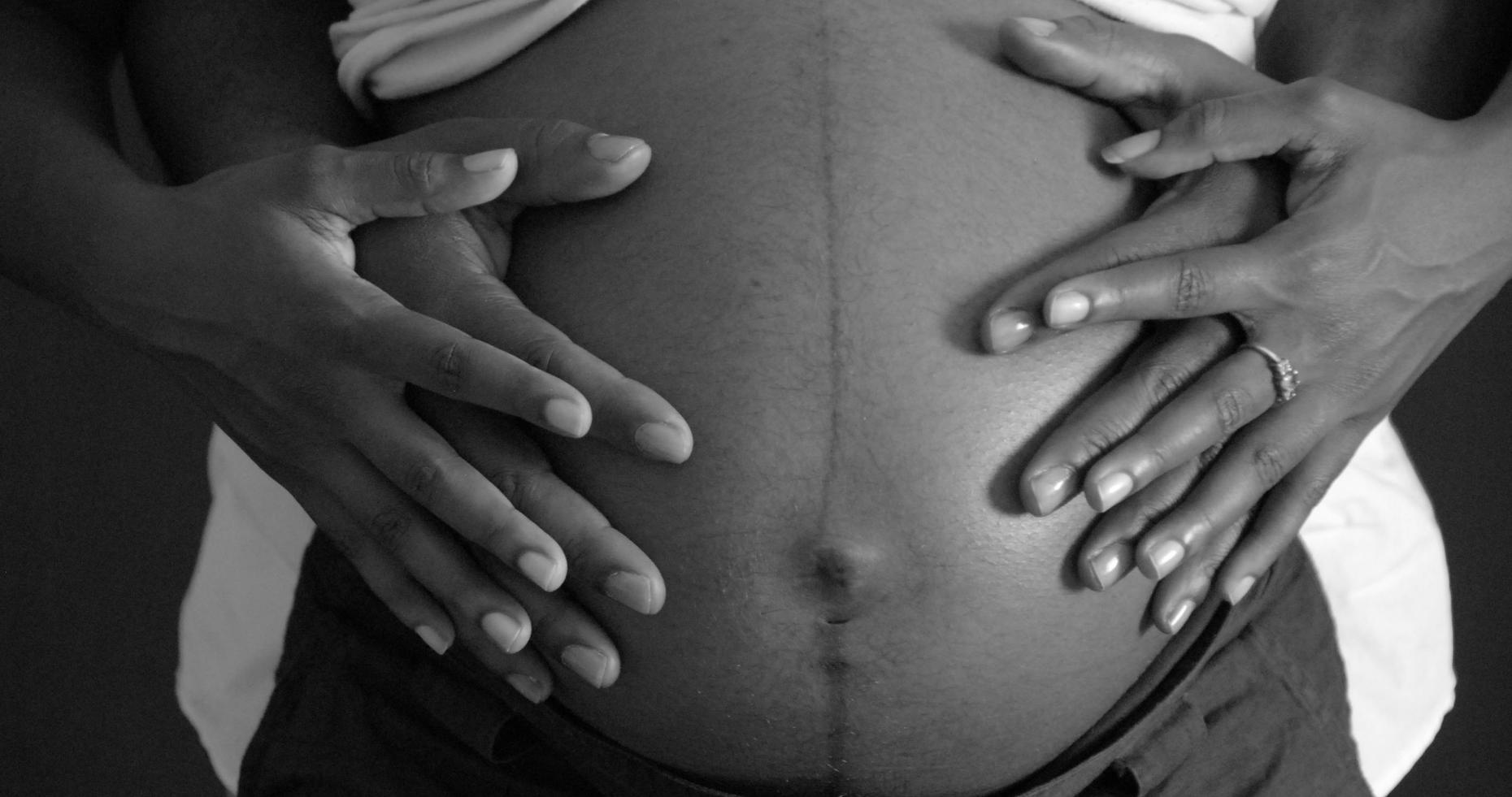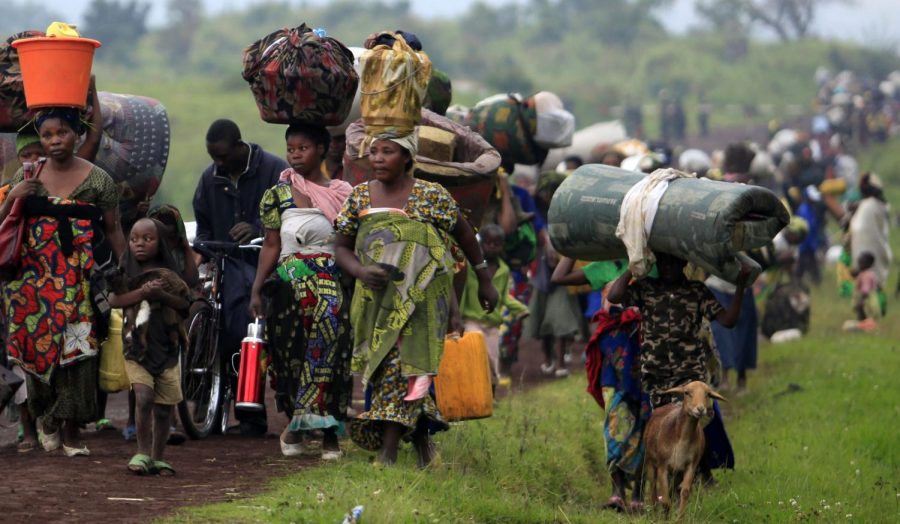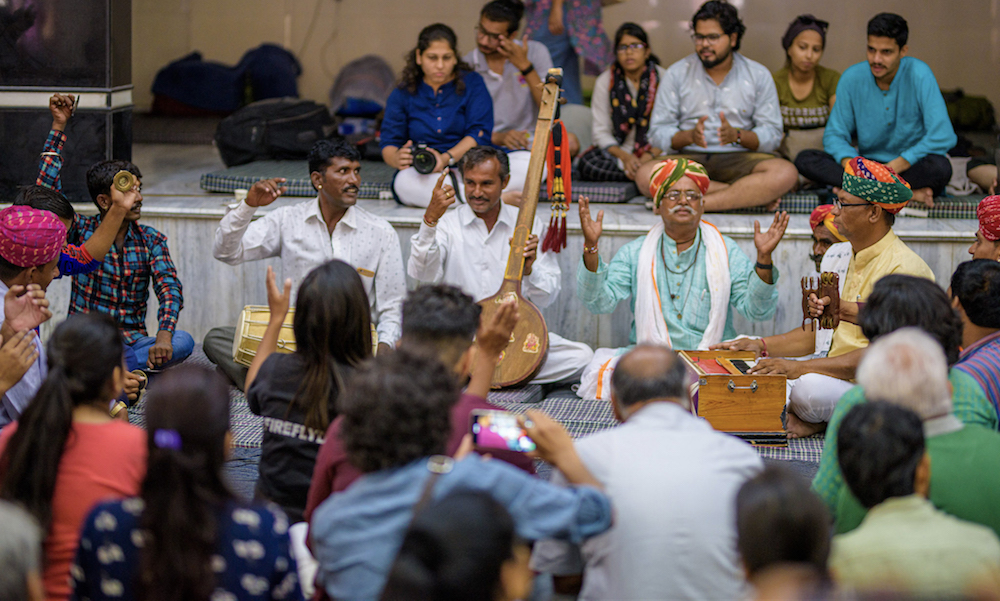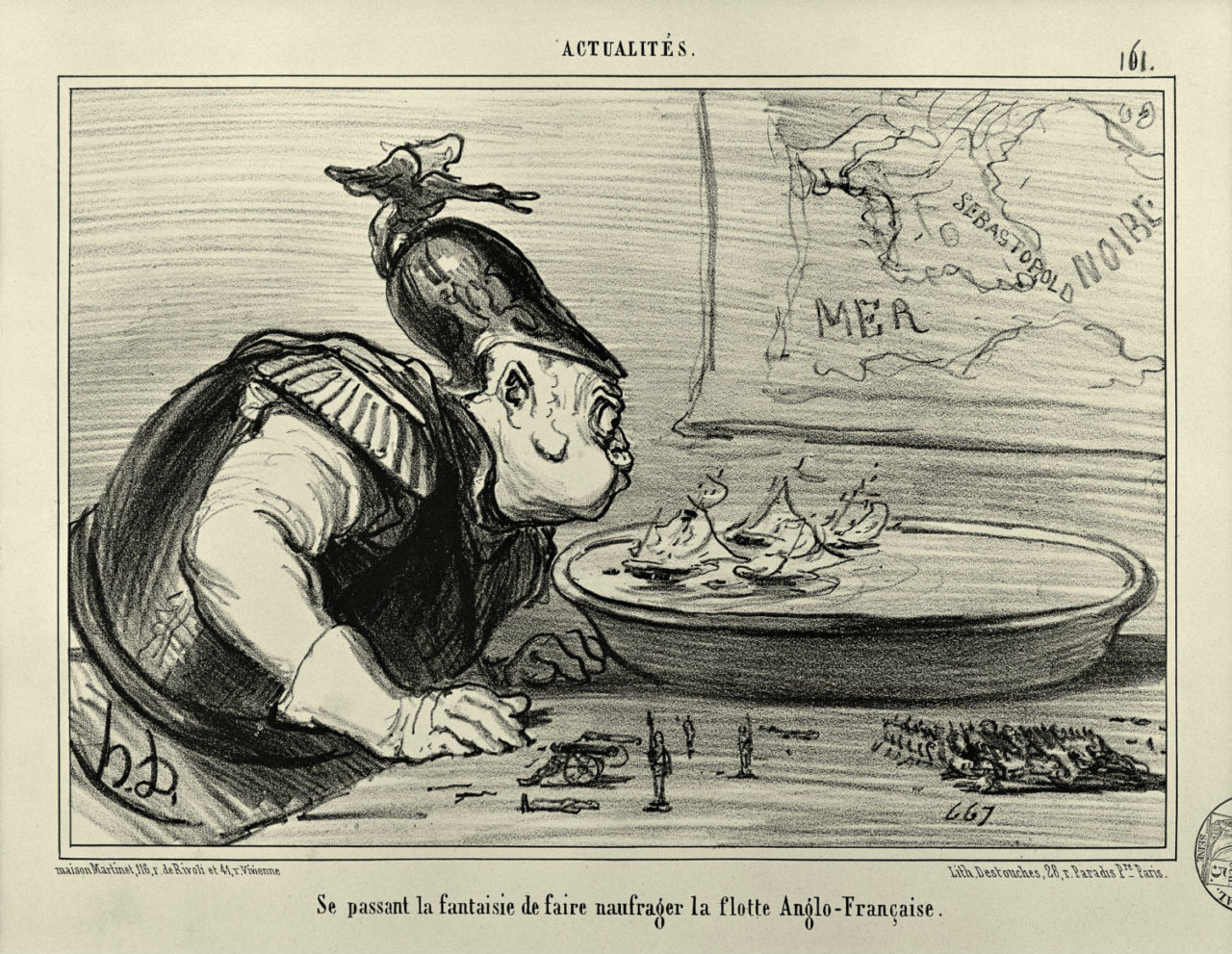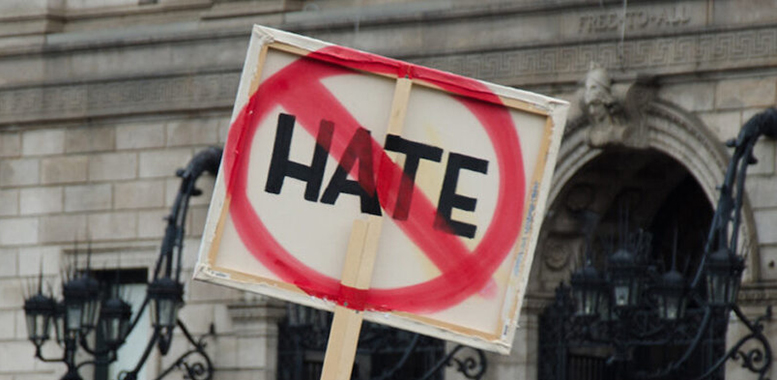Large-Scale Projects
Snips and Clips of Hate: Dehumanizing Hatred and Moral Hatred on Twitter and TikTok
TeamHoward Padwa, Ph.D., Dhruv Khurana, Ph.D., Sarah Cousins, M.P.H., Edward Zakher, B.A., Madelyn Cooper, B.A., Carissa Loya, B.A.
SummaryThis project builds upon the team’s previous project analyzing hatred, stigma, and discrimination against People Experiencing Homelessness by bringing a nuanced understanding of two often overlapping but conceptually distinct types of hatred—dehumanization and moral hatred—to the study of hatred on different social media platforms.
Understanding Hate in the Information Age: Media Access and Hate Across Regions
TeamCesi Cruz (Professor), Daniel Treisman (Professor), Rachel Berwald (Ph.D. Candidate), José Gloria (Ph.D. Student), Daniel Harkin (Ph.D. Student), and Nikita Savin (Ph.D. Student)
SummaryThis project focuses on how people worldwide are exposed to messaging with the potential to foster hate, how they evaluate the credibility of this information, and how this information context affects their attitudes, orientations, and behaviors toward other groups, with the goal of designing interventions to improve resilience to hate and its effects.
Social Media and the Spread of Hate (SMASH): Examining Youth and College Student Exposure and Impact of Hate Speech Online Year 2
TeamDean Christina (Tina) Christie, Dr. Arif Amlani, Professor Anne Gilliland, Associate Adjunct Professor Mark Hansen, Professor Tyrone, Howard, Seul Lee (Graduate Student Researcher), Dr. Christine Ong and our partners: Mark Berkman, Dr.Sarah Krongard, Dr. Wendy Slusser.
SummaryUnder the aegis of the Initiative to Study Hate, the SMASH project was established in 2022 to gain meaningful, human understanding of the experience of hate speech in social media on young people. In Year 2, SMASH will continue current work while widening our demographic sample to include four lower- resourced schools, a pilot study of UCLA undergraduates, and deeper dive into qualitative data collection.
Moment Mapping as Reparative Arts to Address Obstetric Racism in Labor & Delivery
TeamUgo Edu, Adeola Oni-Orisan, Akua Agyen, Kia Skrine-Jeffers
SummaryThis study investigates the relationships between racial bias, discrimination, and anti-Black hate and how they structure labor and delivery in the U.S. It proposes a unique methodological approach called moment mapping, which bridges data visualization and healing arts. This study is designed to provide the foundation for future research into effective hospital-based interventions to redress harm and to guide efforts to mitigate obstetric racism and its effects.
Smaller-Scale Projects
Unraveling Climate Refugee-Specific Hatred: The Role of Selective Guilt and Generational Gap in Developed Countries
TeamJieun Park, Margaret E. Peters, Soonhong Cho
SummaryThis study investigates attitudes towards climate and war refugees, focusing on the underlying factors driving climate refugee-specific hatred.
Designing a cognitive-behavioral intervention for anti-hate training in psychiatry using web-based technology
TeamTashalee Brown, Dr. Jocelyn Meza
SummaryThis work aims to develop and pilot a cognitive-behavioral intervention for anti-hate training in psychiatry using web-based technology.
Hate-Inspired Mass Violence and Vicissitudes in Legislative Behavior and Governmental Responses
TeamHaotian Chen, Daniel Thompson, Jack Kappelman
SummaryThis project investigates the manners by which the US government responds – or fails to respond – to violent mass shootings, with a particular interest in response policies aimed at preventing hate-inspired mass shootings and other forms of firearm violence.
Countering Religious Hate: Music as Mitigation Strategy
TeamAnna Morcom, Mukesh Kulriya
SummaryThis study explores the impact of a state-sponsored music initiative in Rajasthan, India, which served as a mitigation strategy to counter religious hate.
I Hate the Enemy! Violent Video Game Effects on Hate and Opinions towards US Foreign Policy
TeamJun Luo, Stuart Soroka
SummaryThis study examines the impact of two violent video games, The Hong Kong Massacre and Mother Russia Bleeds, on players’ emotional experience and opinions about immigration, economic, and military policies directed towards China and Russia.
The War for Values: The Formation of Anti-Western Discourse in Russia
TeamMarianna Petiaskina, Igor Pilshchikov
SummaryThis study examines the historical formation of Russia’s anti-Western ideology, drawing parallels between contemporary ideas and the reactionary imperialist discourse of the 1830s. Studying this rhetoric provides a historical perspective for understanding the diplomatic crisis in Slavic and Eastern European countries.
The Role of Shared Reality in the Development of Hate and its Antecedents
TeamBrett Hu, Steve Stroessner
SummaryThis project involves three studies that will examine the role of shared reality in the development of hatred and its precursors such as contempt. They will be specifically applied to politics, given the pressing issue of political division facing the country today.




